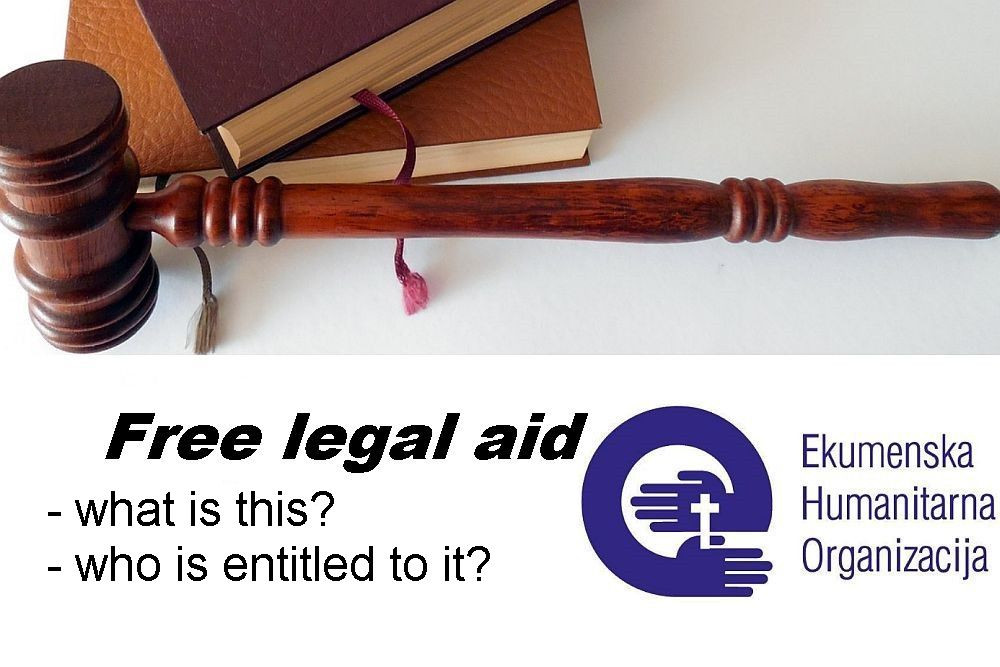Free legal aid - what it is and who is entitled to it

17. May 2021.
A novelty from October 2019 is the Law on Free Legal Aid ("Official Gazette of the RS", No. 87/2018), which specifically regulated the provision of the free-of-charge legal aid. Free legal aid consists of providing legal advice, drafting submissions, representation and defense.
Legal aid is free for a beneficiary if they meet one of two conditions, namely:
1) meets the conditions to be a beneficiary of the right to financial social assistance in accordance with the law governing social protection or a beneficiary of the right to child allowance in accordance with the law governing financial support to a family with children, as well as members of his family or joint household. laws;
2) does not meet the conditions to be a beneficiary of the right to financial social assistance or child allowance, but due to payment of legal aid from his own income in a specific legal matter would meet the conditions to become a beneficiary of financial social assistance or child allowance.
Also, a beneficiary of free legal aid who does not fulfill any of the above conditions can be:
1) a child whose right, obligation or interest based on law is decided in a procedure before a court, other state body or public authority;
2) persons against whom a security measure of compulsory psychiatric treatment and custody in a health institution or a protective measure of compulsory psychiatric treatment is carried out;
3) the person against whom the procedure of partial or complete deprivation or restoration of legal capacity is conducted;
4) a person exercising legal protection against domestic violence;
5) a person who enjoys legal protection from torture, inhuman or degrading treatment or punishment or trafficking in human beings;
6) a person seeking asylum in the Republic of Serbia;
7) a refugee, a person under subsidiary protection or an internally displaced person;
8) a person with a disability;
9) a child who is protected by the accommodation service in the social protection system;
10) children and young people whose social accommodation service has been terminated until the age of 26;
11) adults and the elderly to persons who are placed in a social protection institution without their own consent;
12) a person who exercises the right to determine the time and place of birth in accordance with the law governing non-litigious proceedings;
13) a person affected by the procedure of forced eviction and relocation in accordance with the law governing housing.
For each of these conditions, it is important that it is a person who is a citizen of the Republic of Serbia, a stateless person, a foreign citizen with permanent residence in the Republic of Serbia and another person entitled to free legal aid under another law or ratified international agreement.